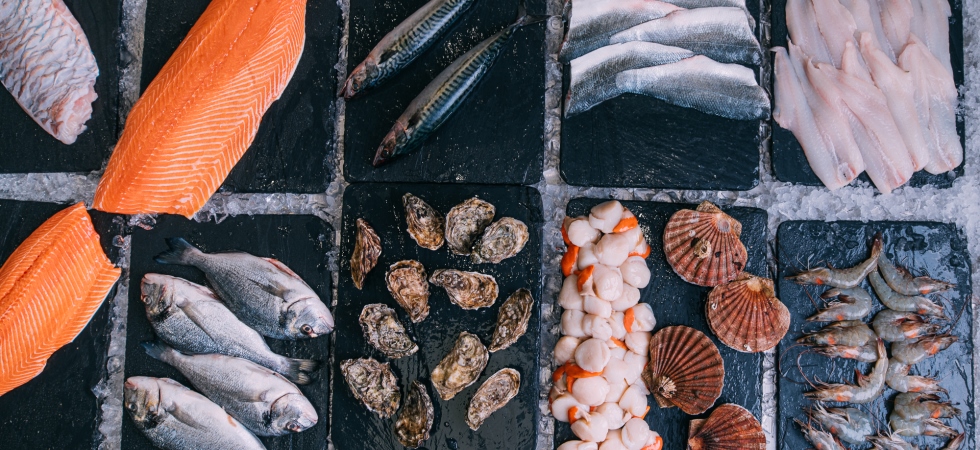MPs have called on Environment Secretary, George Eustice, to provide more details on Government aid for seafood and meat businesses which have been impacted by Brexit border delays.
Trade organisations had previously called on Government to support meat and seafood firms which had been damaged by new extensive delays as a result of new requirements for exporting. Donna Fordyce, head of Seafood Scotland, claimed that the fishing sector had hit “rock bottom” as a result and the British Meat Processors Association said the meat industry had seen a “serious and sustained loss of trade.”
The Environment, Food and Rural Affairs Committee (Efra) is now launching an inquiry into how the Government can support meat and fish exporters following the impact of Brexit.
It is also seeking clarification on the Department for Environment, Food and Rural Affairs’ (Defra) £23 million compensation fund for businesses within the seafood sector, to find out where the funds have been sourced from and what the eligibility criteria for the package is.
“While news of the compensation fund for fish is welcome, we need details, and fast.”
Neil Parish MP, chair of the EFRA Committee, said: “A month of delays, disruption and red tape have meant food export businesses large and small have lost many tens of thousands of pounds. This needs to be gripped by the Government at the highest level before businesses go to the wall.
“While news of the compensation fund for fish is welcome, we need details, and fast. It’s time for the Government to get its act together and set out short, medium and long-term action plans for how it will support British food exporters. It is also clear that systems need to be streamlined, businesses supported, and mitigation plans made ahead of upcoming checks on food imports.”
The broader inquiry will explore both long- and short-term action plans for exports to the EU, whilst also scrutinising the Government’s immediate response to disruptions over the past month. The Committee is also asking questions of the UK’s preparedness for checking food imports from the EU later this year, and what lessons have been learnt from the last month.









